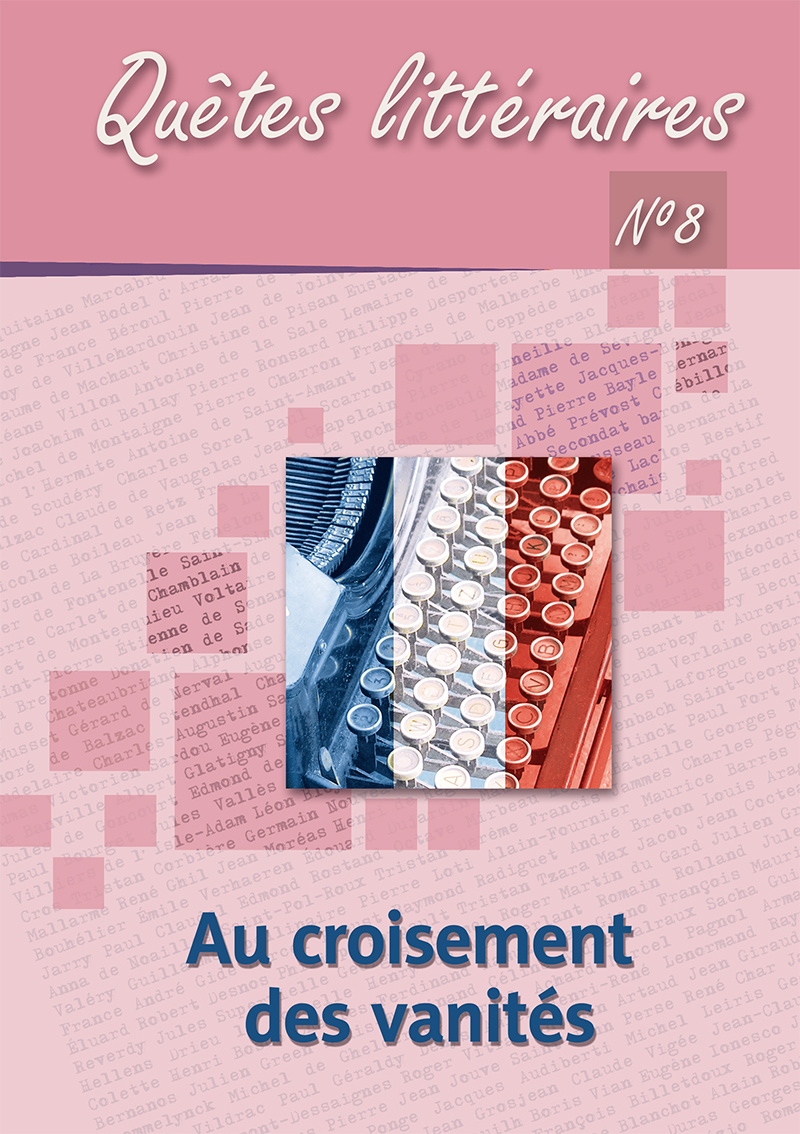La vanité ou le miroir des faux-semblants dans Chaque heure blesse de Raoul Danaho
Vanity or mirror of the pretences in "Every Hour Hurts" by Raoul Danaho
Author(s): Mylène DangladesSubject(s): Language and Literature Studies, Literary Texts, Studies of Literature, Comparative Study of Literature, French Literature, Theory of Literature
Published by: Katolicki Uniwersytet Lubelski Jana Pawła II, Instytut Filologii Romańskiej & Wydawnictwo Werset
Keywords: vanity; life; death; mirror; identity; writing
Summary/Abstract: Vanity, in its most general representation, invites us to stop for a moment our race ahead, to set aside our various actions and to ask ourselves about our destiny. Literature, painting often focuses on the fragility of life. It is compared to a breath, a vapor that appears for a short time. Earthly goods, worldly pleasures seem vain and ephemeral and the incessant quest of man equally illusory. Raoul Danaho, in his novel Every hour hurts, published in 1968 evokes the story of a young man who seeks his own identity and his own place in the world. Albert, this man from Cayenne, ended up in Paris, but he did not find the desired tranquility. There is no attraction to life in his eyes. He must "strive to live". It feels empty, unable to merge with the surrounding world and the writing of Danaho becomes by the same fragmentary as to "reflect" the vanity of existence. Will Albert seek "vainly" to "continue his journey," "This groping in the dark, this blind march in the night," or is the rhetoric of vanity so distended to allow him to find a salutary way? The Rochefoucauld stated with some acuity the following words, referring the man to himself, to his fellows and to the reflecting prism: "What makes us the vanity of others unbearable is that it hurts ours " (1664, 390). We are entitled to ask ourselves whether the light will be able to reach and radiate the human heart.
Journal: Quêtes littéraires
- Issue Year: 2018
- Issue No: 8
- Page Range: 166-179
- Page Count: 14
- Language: French

